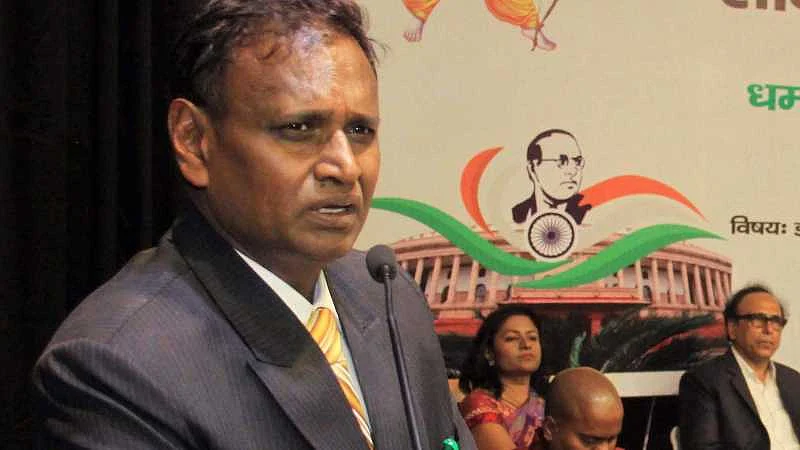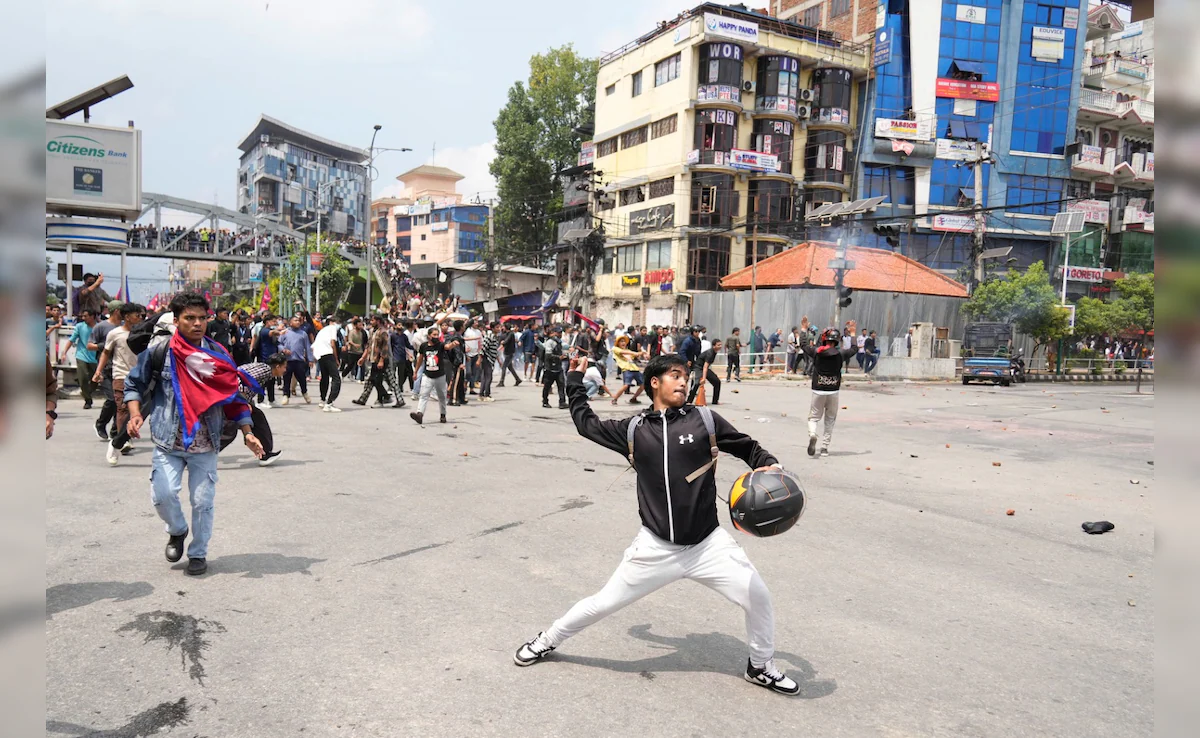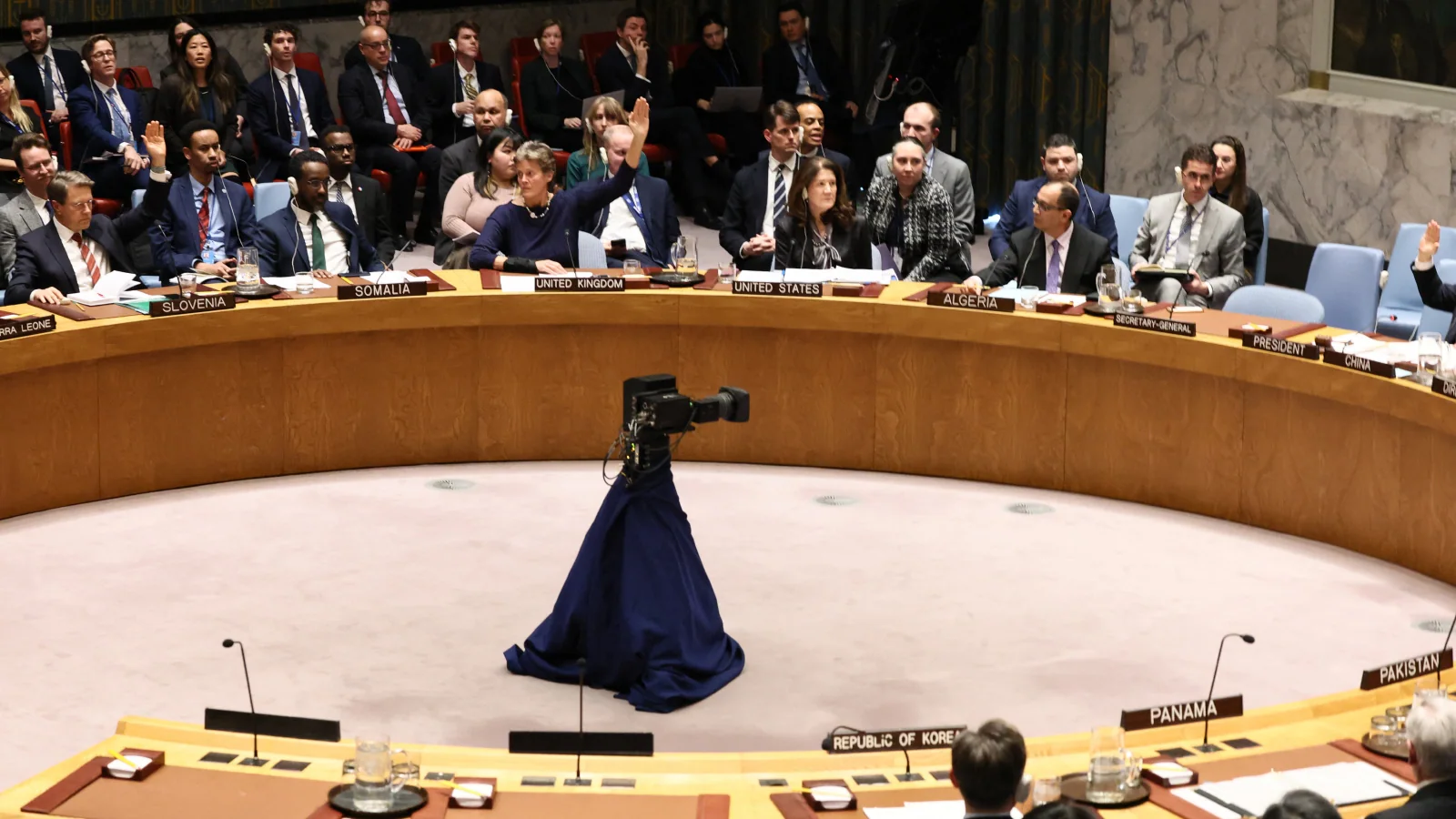Now Reading: Udit Raj Compares India to Nepal’s Unrest; BJP Fires Back
-
01
Udit Raj Compares India to Nepal’s Unrest; BJP Fires Back
Udit Raj Compares India to Nepal’s Unrest; BJP Fires Back

Congress leader Udit Raj has sparked a political firestorm by drawing parallels between the recent turmoil in Nepal and India’s own situation, saying some people are discussing whether public anger could trigger similar uprisings here. The BJP swiftly denounced his remarks as “anti-national” and “dangerous,” arguing that such comparisons sow fear unnecessarily. The clash raises tough questions about how political debate and dissent are framed in the country.
What Udit Raj Said
Udit Raj said the circumstances in Nepal—street protests, government upheaval, mass dissatisfaction—have striking similarities to what some Indians are discussing as possible here. He remarked that while India has constitutional safeguards and democratic traditions, concerns over governance, freedom, and public accountability are frequently raised by citizens.
His comments also referenced unrest in Sri Lanka and Bangladesh to suggest regional patterns of popular anger when governments are seen as out of touch. He emphasized that India’s deeper democratic roots may prevent a replication of Nepal-style crisis, but warned that public frustration should not be ignored.
BJP’s Reaction
The BJP has rejected Udit Raj’s comparison outright. Party leaders labeled the remarks as “anti-national,” accusing Congress of trying to undermine public confidence in India’s institutions. They warned that suggesting India could go the way of Nepal could encourage distrust and destabilize faith in democratic processes.
They also questioned the timing and intent of drawing such parallels, arguing that comparisons neglect India’s unique political structure, legal checks and balances, free press, and active civil society—elements they believe help maintain democratic stability.
Context: Why It Matters
Nepal recently witnessed mass protests that led to government leaders resigning, debates over corruption, accusations of suppression, and clashes caused by bans on social media. Indian political discourse often picks up on such developments in nearby nations, especially when people in India voice similar grievances around economic hardships, slow growth, corruption, or governance.
For citizens in Tier-2 cities, who often feel left out of policy-making and face basic infrastructure, service delivery, or transparency challenges, such comparisons hit home. When people perceive that their voices are ignored, disaffection can grow—and political parties know this.
Risks of Such Comparisons
Drawing parallels between India and stronger crises elsewhere carries danger. It could deepen polarization, stoke fear among communities, and spread misinformation. Some may see it as an attempt to delegitimise government efforts or underplay institutional capacity.
On the other hand, denying any room for criticism risks silencing legitimate concerns about governance, accountability, or democratic backsliding. A healthy democracy requires being able to point out risks without being labeled as undermining the nation.
What Citizens Should Look Out For
Keep an eye on how political parties respond to citizen grievances—are they addressed or dismissed? Watch whether public institutions (judiciary, press, civil society) are able to function independently. Transparency in governance, handling of protests or dissent, and how freedom of speech is treated matter a lot.
In smaller towns, speaking up is often harder, but local media, social groups, and community dialogue can play big roles. Recognizing what feels unfair and how to channel that constructively is crucial.
Conclusion
The exchange between Udit Raj and BJP spotlights more than rhetoric: it reflects anxiety over India’s future path and how political discourse shapes public trust. Comparing Indian conditions to Nepal’s unrest may unsettle some, but it also forces a conversation on whether grievances are being heard, whether governance is responsive, and whether democratic guardrails are strong enough. For India to avoid instability, criticism must be met with responsiveness, not just rebuttal.

























